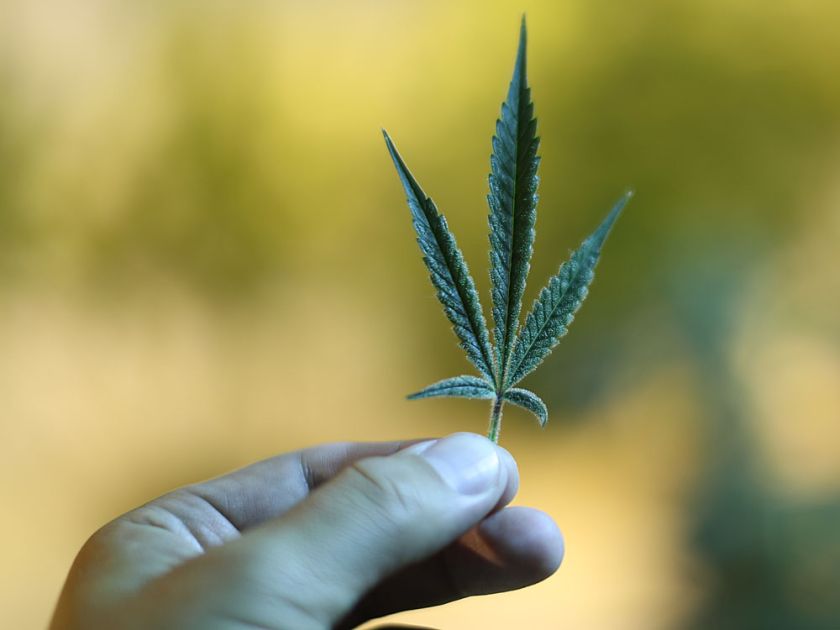You are here
Home 🌿 Recreational Marijuana News 🌿 No cannabis-related spike noted in impaired driving after legalization 🌿No cannabis-related spike noted in impaired driving after legalization

Pre-October, with the country moving toward cannabis legalization, police and lawyers geared up for what was expected to be a rash of impaired driving offences related to the drug.
Instead — in Regina, at least — crickets.
“I don’t have numbers, but I’ll use the word ‘low,’ ” Regina Police Service Chief Evan Bray said recently at a Board of Police Commissioners meeting when questioned by reporters on the issue. “We have not laid a lot of (cannabis-related) impaired driving charges. In fact, I don’t think we’ve laid any impaired driving charges as a result of cannabis.”
City police spokesman Les Parker confirmed it, stating the current numbers for cannabis-related impaired driving are “zero, unless other charges are mislabeled.”
Parker said police will go through stats in greater detail down the road, particularly moving into November when its one-year report on the subject will be released. While it’s possible a cannabis-related impaired driving charge has managed to slip through current stats, the fact remains Regina has not seen anything resembling the situation police — and many members of the public — feared.
“Whether there’s one or even 10, it is lower than we anticipated …,” Parker said. “We had seen other places, like Colorado for instance, and they had a marked increase, and we had reason to believe that something similar would happen here … We expected an increase in driving while impaired by cannabis simply because we expected cannabis maybe to be more prevalent in use. However, we (have been) delighted so far to find that hasn’t been the case.”
While he couldn’t speak to precisely why the numbers aren’t there, he said it could mean users are being responsible about not getting behind the wheel, or it might have to do with Canada’s shortage of the drug (at least in terms of legally obtainable supplies).
Lawyers, too, had suspected the legislative change might result in a short-term bump in cannabis-related impaired driving charges, whether because of more people opting to try the drug or because of stepped-up police enforcement.
Instead, new clients are few and far between.
“I haven’t seen the floodgates open …,” Ian McKay, a lawyer who has handled impaired driving cases in both Alberta and Saskatchewan, said. “I haven’t seen the huge increase in files that people were talking about. I’m sure it will come at some point, but I’m not seeing it right now.”
Regina lawyer Tim Beler also has not seen much by way of these cases as of yet. He said he was recently contacted about one in Saskatoon, but isn’t representing anyone in Regina on such a charge. One he looked at, he said, got tossed out before going through court because of issues with drug recognition.
McKay wondered whether the low numbers might have something to do with the fact police training on cannabis impairment is still ongoing; Bray told reporters frontline officers were continuing training as recently as last week on understanding federal and provincial laws.
Lawyers said while there are lingering questions about defining cannabis intoxication related to care and control of a motor vehicle — there is no simple qualification like the .08 for alcohol-related impairment — their advice to the public remains the same.
“My legal advice to people is don’t smoke it in your car, because that’s the gateway,” Beler said. “As soon as (police) smell it, you know you’re going to go through the process, much as the smell of liquor. (But) unless (an officer) really knows when somebody’s high on marijuana, if they’re not smelling it, they’re going to have a tough time on these things.”
420 Intel is Your Source for Marijuana News
420 Intel Canada is your leading news source for the Canadian cannabis industry. Get the latest updates on Canadian cannabis stocks and developments on how Canada continues to be a major player in the worldwide recreational and medical cannabis industry.
420 Intel Canada is the Canadian Industry news outlet that will keep you updated on how these Canadian developments in recreational and medical marijuana will impact the country and the world. Our commitment is to bring you the most important cannabis news stories from across Canada every day of the week.
Marijuana industry news is a constant endeavor with new developments each day. For marijuana news across the True North, 420 Intel Canada promises to bring you quality, Canadian, cannabis industry news.
You can get 420 Intel news delivered directly to your inbox by signing up for our daily marijuana news, ensuring you’re always kept up to date on the ever-changing cannabis industry. To stay even better informed about marijuana legalization news follow us on Twitter, Facebook and LinkedIn.




